Commentary for Beginners
If you’re reading this than you may be interested in starting to commentate, or improve your understanding of fundamentals. Regardless, this particular writing is geared towards beginners, who may be uncertain of how to get started or what you should be doing in general. If you are looking for something slightly more in-depth or specific, I will be working on more advanced content soon! Additionally, while my personal experience is in Super Smash Bros for Wii U (and thus will be the bulk of examples provided, along with other fighting games), the fundamentals of speaking apply beyond any one game.
What is commentating?
Commentating is, in its’ base form, talking over a game to provide context for the gameplay presented, and to entertain and/or inform viewers. Under this definition, many Twitch streamers and YouTube content creators are also commentators, but for the sake of this guide, I will be referring to those who talk over competitive tournament matches. Alternative names also include “shout-caster” or more simply “caster”, but for the sake of consistency, I will use “commentator” throughout.
How do I start?
You can actually start right now! Really anybody can commentate; all you need to do is pull up some gameplay and start talking over it. For someone who has never commentated before, I would highly recommend starting with the theory; watch content of people commentating, learn the nuances of how people engage with the game, pick up on the type of language that they use. What you will want to study will vary by game. There are many more than those listed below, but here are a few of my favorites:
- Smash 4; TKBreezy, EE, D1, JV, Nebtune, Diem
- Melee; Tafokints, Toph, Scar, Webs, Armada, Wobbles
- Street Fighter; James Chen, Sajam, UltraDavid, Tasty Steve, Zhi
There are also an abundance of excellent commentators in other games such as League of Legends, DOTA 2, CS:GO, Overwatch, Hearthstone, and way more. Seek out the top professionals of any game, as there is always something to learn from the best.
But in order to commentate for tournaments (the practice of which is focus of this piece) you first need to find an event that either records or streams gameplay. For regionals or national tournaments, they require an application typically weeks in advance, and prefer experienced individuals who are guaranteed to provide superb content. However, smaller tournaments like weeklies and monthlies (this varies by region) are often a great place for novice commentators to practice, if only for a set or two. Find either the organizer of the event, or the person/organization who is recording/streaming, and ask them if you may commentate for their event. With any luck, they will allow you to commentate, and you can get started.
How do I commentate?
To commentate, you need to know your subject matter well, and you need to know how to talk about it. Knowing how to commentate really starts with knowing how to play the game itself. Having a certain proficiency with the game, and regularly putting yourself in the competitive mindset goes a long way towards improving your capabilities of a commentator. It isn’t necessary to strive to be the best in your region, or to make it onto a PR, but you should always be playing with the goal of learning as much as you can about both the game and your own mentality. While many of the individuals I listed above may not actively compete in their respective games (or at least, not as much as many competitive players), they all have been studying and commentating for the better part of a decade. To talk about the game, you have to know the game, and the best way to know the game is to play it, as well as keeping up to date on developments in the metagame and techniques.
The other half of commentating is knowing how to speak. This is far more subjective than having game knowledge, as there are many different styles of speaking with which one may find relative success. For instance, HomemadeWaffles and Phil together have one of the most memorable legacies in competitive Melee. While they do have a deep and thorough knowledge of the game (HW is even ranked in Northern California, an incredibly competitive region), much of their appeal comes from how familiar they are with each other, and their ability to provide hilarious and engaging commentary about players. This stems from their storied history with the competitive scene going back to to the mid-late 2000’s. It works for them because of their history and their relationship, but it’s doubtful that many others could replicate their style of speaking at the highest level.
However, this is not to say that being humorous and casual is wrong, but rather that the higher up you go, the more rigorous the expectations. In general, it’s wiser to balance out humor with seriousness, and vice-versa. You dont want to be a monolithic stone slab of analysis, but you also don’t want to be an incomprehensible jokester. Find your personal balance! Commentating is surprisingly similar to writing essays; you need to research your material, you need to maintain good flow throughout, and you should be mixing up your word choice regularly. There’s a reason that so many people cringe when they hear “Nice back air!” - too many commentators have used it as a throwaway line for so long, that it has now become a poster-child for overused phrases.
What do I need to know?
I mentioned earlier that it’s important to play the game and understand it in order to play the game, but there is somewhat of a higher expectation of commentators than there is for most players. Commentators aren’t just talking about the gameplay on screen, they also have to do it in such a way that anyone watching can understand what is happening and why. One’s audience isn’t always comprised of people that know Smash*, so you have to be just as much a teacher, as you are a speaker.
*Note that this section applies primarily to Smash 4. While these general points may be important for their respective games, each has their own nuances and specific knowledge required to understand it.
- Mechanics - There are many mechanics in Smash that determine how the game functions, for example; Shields, Ledges, Platforms, Teching, Hitstun, Knockback, DI and much more. Having a fundamental understanding of these underlying functions of the game are crucial for understanding the interactions that occur because of them. MySmashCorner ( https://www.youtube.com/user/mysmashcorner ) and BeefySmashDoods ( https://www.youtube.com/channel/UCeCEq4Sz1nNK4wn3Z4Ozk2w ) have large libraries of content that explains many of the mechanics in the game, and are a good benchmark.
- Characters - For every character in the game, you should have at least a general understanding of their kits (basically, what are their moves/how do they work), their attributes (characteristics like fall speed, traction etc that determine their in-game physics), and their objectives (what their goal is that they’re trying to accomplish in the game). Learning a character’s kits is easily accomplished by playing around with them yourself, as well as watching streams. You can find all character attributes either at http://kuroganehammer.com/Smash4/Attributes or in image form at my Smashboards thread https://smashboards.com/threads/halogens-character-attribute-references.447252/
As for objectives, this is a more nuanced and detailed point than the others, that takes time to learn. Many of Izaw’s character specific videos ( https://www.youtube.com/user/Izaw91 ) are good tools for knowing what to look for, and how to discern the objectives from your knowledge of how a character functions. - Matchups - Knowing matchups is a combination of knowing about characters, as well as understanding their interactions with each other. Matchups should generally be analyzed as a function of how each character’s kits stack up 1:1. Additionally, being aware of the metagame can provide helpful context for how a matchup potentially should be played, rather than just how it theoretically plays out. Having a good understanding of matchups plays into things like analyzing player’s decisions, as well as stage selections.
- Background - This is the least specific, and arguably the least necessary component, but still very useful. Knowing the history of the game, tournament results, player histories, and other anecdotes can all provide potentially valuable context to your commentary, and incorporated alongside game knowledge, add a certain flavor that isnt there when you only speak about in-game happenings. This really comes from talking to others, and being active in the community.
You can’t know everything, but you should never stop learning. The metagame is always progressing, players are getting better, and the game develops. The best that you can do is develop your fundamentals and build up as you go, learning from your co-commentators, other players, and from people in the community. Reach out to others, ask for information, and you may be surprised by how many others out there are excited to teach you something new.
What’s happening in this game?
So you’ve studied the theory, observed the technique of multiple professionals, and now you are going to sit down and start commentating at a tournament - what now? Your work actually begins before the match even starts:
- Who’s sitting down to play? Are they well-known, up-and-coming? Do these players have a unique history between them?
- What characters are they playing? Is this a difficult or interesting matchup? Does one person struggle/excel in this matchup? Are there potential secondaries that might come out?
- (Smash) What stage was selected? How does the stage affect the matchup? Is it crucial that one player in particular wins on the neutral stage in order for the set to go in their favor?
All of these questions are ones you can ask yourself before the players even start the set, and are potential focus points for your commentary. You don’t need to cover each of them for every set (this can quickly become tiresome and redundant), but this is where it helps to have good knowledge of matchups, stages, and the players you’re talking about.
After the match starts, you can start cooking. What you say and do heavily depends on how the pace of the match is flowing, but one way you can organize your commentary is with the phases of neutral and pressure.
Neutral
Neutral is a phase of gameplay characterized by both players having approximately equal footing in the match and features execution of footsies, and attempts to bait one’s opponent into approaching. As soon as the match starts, the game is in neutral, and any time that both players assert themselves comfortably on the stage without interference by the other, neutral has been reset. This is a somewhat vague concept, but neutral primarily distinguishes itself by being not pressure. When looking at neutral, you can take this time to evaluate each player’s mental game, what they’re looking for, and which openings they may attempt to exploit. This is also a good time for you the commentator to learn as much as you can about the players themselves. Pick up on their habits and tendencies, and store that information in the back of your mind in case it later becomes relevant.
Pressure
Pressure is a phase of gameplay described by one player having obtained an advantage in neutral, and attempting to extend this advantage by pressuring their opponent. In Smash, this may look like one player attempting to edge-guard the other, or successfully juggling them and not letting them land. In traditional fighting games, this typically looks like one player being “in the corner” - backed up against the wall with limited movement options. This distinguishes itself from neutral by the fact that one player is in a position of strength, while the other is in a position of weakness. At this time, you can point out things such as; How did this situation occur? What mistake was exploited to engender this situation? How will Player A press his advantage to the maximum? How will Player B escape and reset neutral? It isn’t necessary to attempt to predict the outcome of every engagement, but there is a lot of value in keeping up high energy throughout pressure situations.
In a game like Pokken Tournament, it’s quite easy to recognize how the match is progressing since it has these two phases built into the game’s mechanic (Field and Duel Phase). However it isn’t always so clear-cut, and isn’t even always that important. It isn’t necessary that you constantly mention whether the game is currently in neutral or not, but rather that you recognize when it becomes significant, that such a shift has occurred.
For instance, take two characters in Smash at about 50% each. Player A lands a stray hit on Player B that sends them offstage. If Player A can feasibly convert this into an effective advantage situation (either by kill confirms, edgeguarding, or ledge-trapping), then it may warrant comment, as it could be significant. However, if Player B plays a character that can very easily reset neutral (like Sheik, with great movement options), then it might not be important to mention that Player B has just been sent off-stage, since it is highly likely that they will reset to neutral anyway. Knowing what is and isn’t important to comment on will help your commentary from being too cluttered or unorganized, and make sure that the bulk of what you’re saying is meaningful and substantive.
Wait...there are TWO of us?
Typically commentary for tournaments is done in pairs. While there are cases where one individual solo-casts, or there are larger tri-casts/quad-casts, the duo is the standard. Along with having a partner, comes a responsibility to your partner; with both of you on the mic together, it is both of your duties to help each other provide the best commentary you can. This is where the idea of roles come from; that within a duo, each individual supports the other in a specific way. Typically these roles will be simplified as main/support, or play-by-play/analysis, but in reality these are not static roles that you have to stick with in order to do well, but rather archetypes that you and your partner should adopt as necessary. You and your partner can fulfill both roles within the same match, but you should not both be attempting to fulfill the exact same role at the same time.
- One individual should be the front-man. During times of peak action, high energy and excitement, they should be allowing the audience to keep up with the action. They should relate the match as it’s happening to the viewer, while keeping it digestible and cogent. They should be prepared to initiate a ramp-up in the pace, or a slow-down; reflect the pace of the match with their voice.
- The other should serve as the support. During lulls in action, provide context and analysis that isn’t appropriate for other times. This is the time to point out specific significant points of gameplay, or to provide background relevant to the match at hand. They are not a doormat, who acquiesces to the whims of the person they are supporting; rather, they fill in the blanks when necessary, and provide a discrete break from the action.
All matches have highs and lows throughout - these roles serve to make both equally engaging for the viewer. These are not hard and fast guidelines or restrictions on what a pairing needs to do, but rather a flexible framework that enables good synergy. Typically a commentator need not even fulfill one role all the time, but will be able to flex between the roles as necessary. Interpersonal communication between partners is key here, whether it be an implicit (almost telepathic) understanding, or something physical like hand signals or body language. If you and your partner communicate how to most effectively trade off, or allow each other to speak, it will enhance your commentary that much more.
You’re a team
Perhaps most importantly, have respect and awareness for your partner. Understand when they have a thought they’re trying to roll with, and support them when they need your help. Likewise, they should do the same for you. Developing a rapport, and understanding each other’s needs is key for both commentators effectiveness, and the quality of the content that you’re producing together. The metric by which you can measure your success is two-fold; your flow with the match, and your flow with your partner. It's important both for the team, and for the audience, that neither commentator overpowers the other or otherwise dominates the conversation. Not only does it smother the other commentator, not able to get a word in edgewise, but the audience can typically tell when a duo isn't communicating well. I can't emphasize enough the value of having empathy for your partner while commentating; it creates a better experience for everyone involved. At its' core, commentary is a conversation between you and your partner. Give your audience something good to listen to, and regardless of your skill, your contribution to the content will be appreciated.
Summary
Commentary is still a relatively young art, and as such it's can be hard to provide objective standards for what is correct and what is wrong. The overall skill level of commentators doesn't keep up with the rate at which players are getting better. This rewards innovative thinking and extensive studying. There is no easy path to becoming a renowned commentator. But if you build your fundamentals and develop them consistently, then your work will be appreciated~
*Special thanks to Aubrey, Ruffian, Hangman, and 3FreshLadeRedHalberd for their time and valuable feedback*
This blog post was written by a SSB World community member. Share your Smash 4 knowledge by creating your own blog post now.
You must log in to comment.

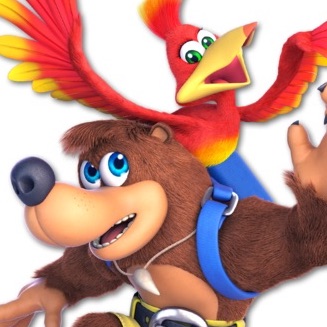
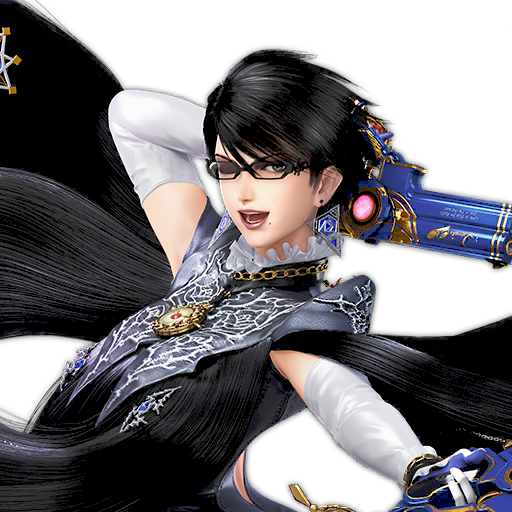
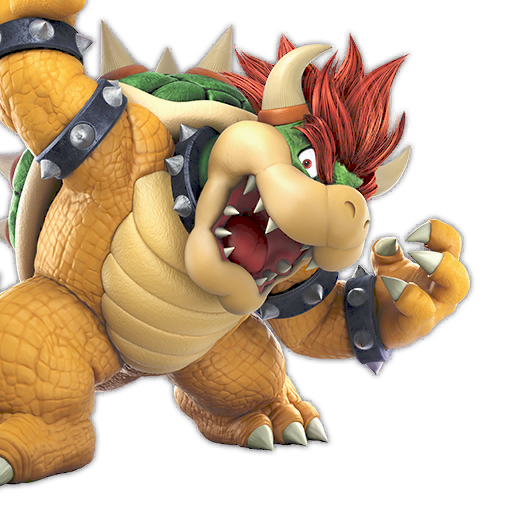
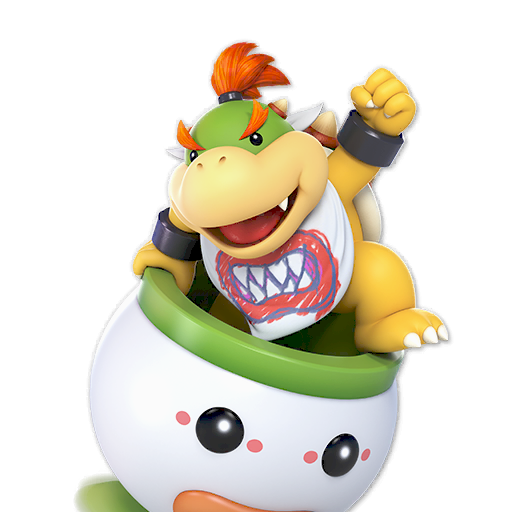
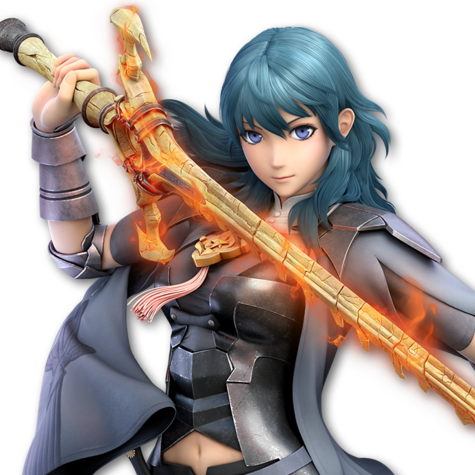
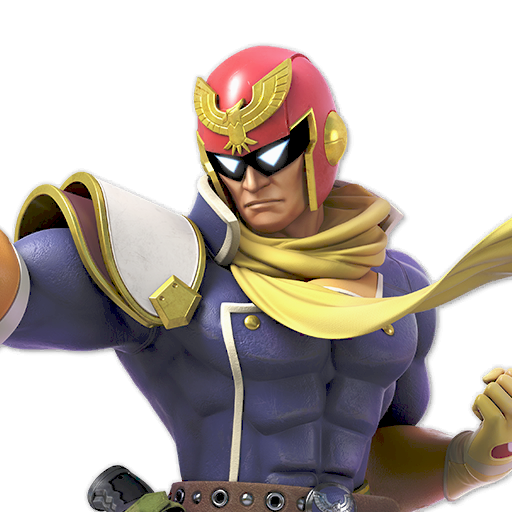
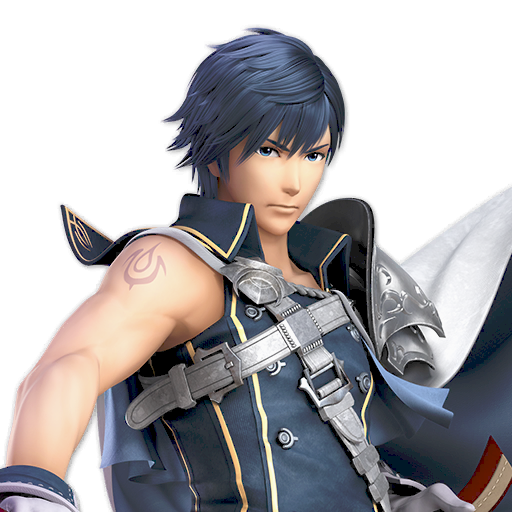
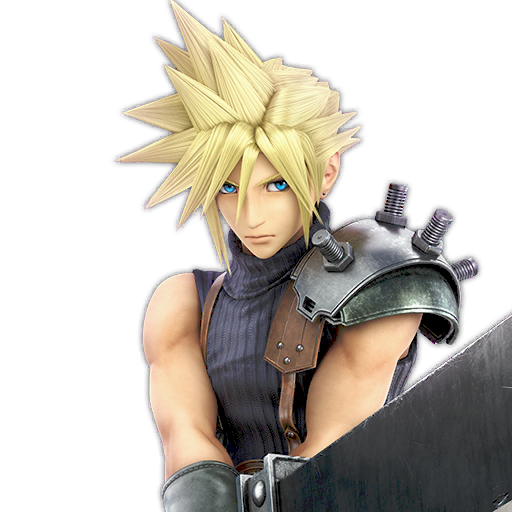
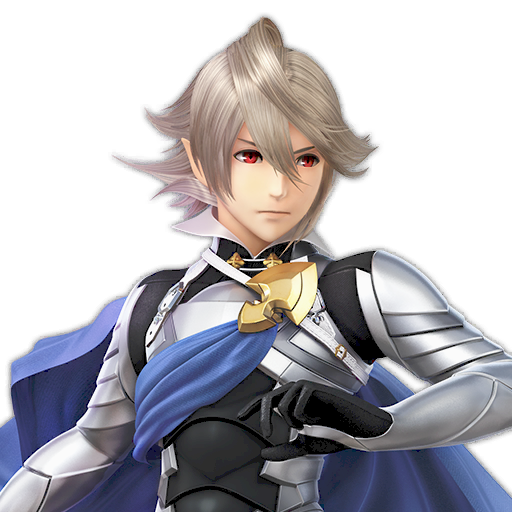
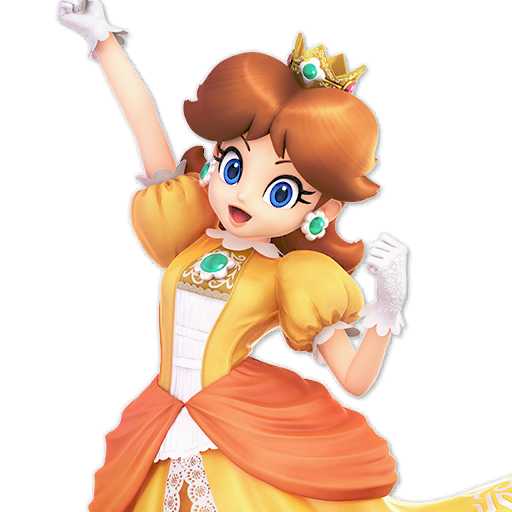
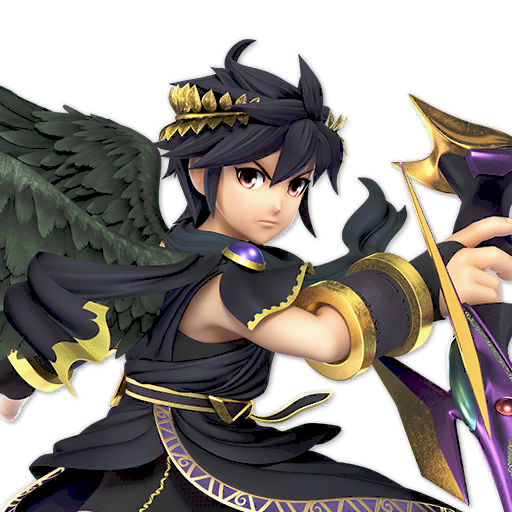
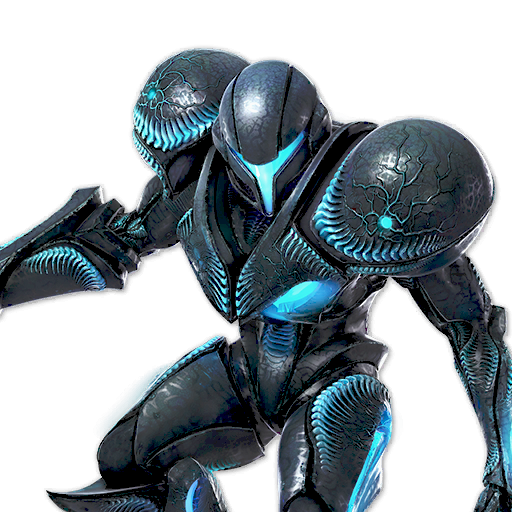
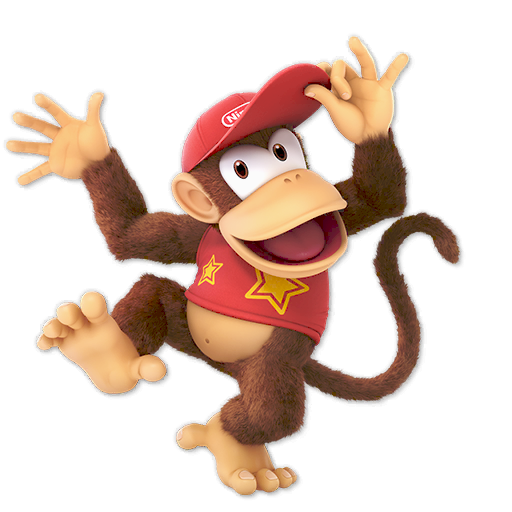
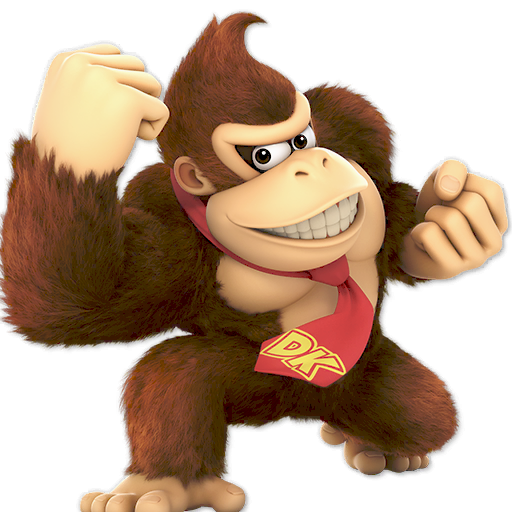

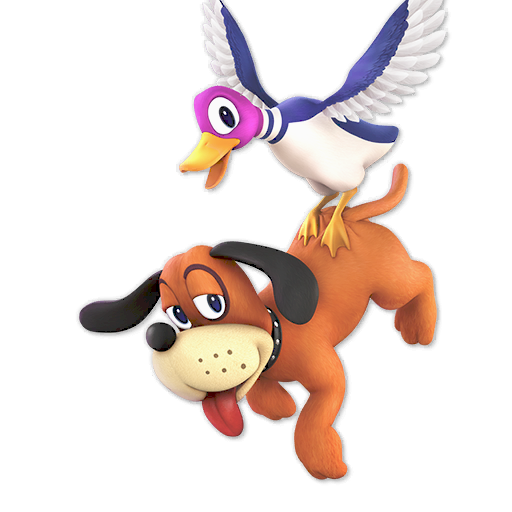
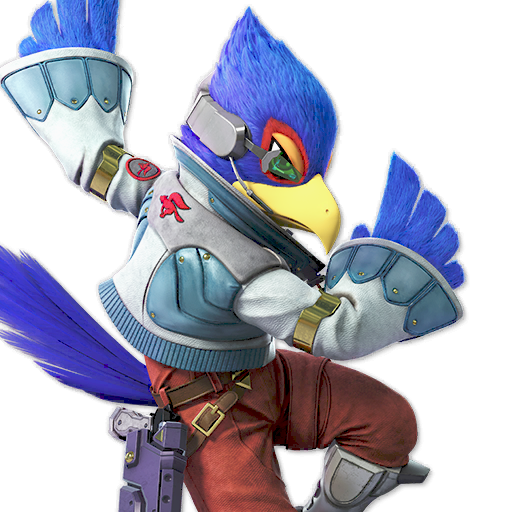
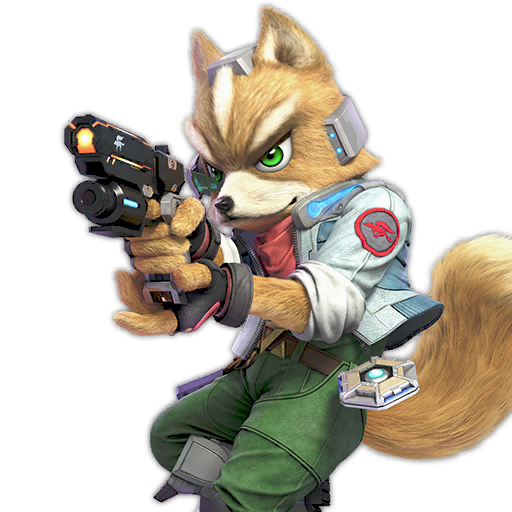
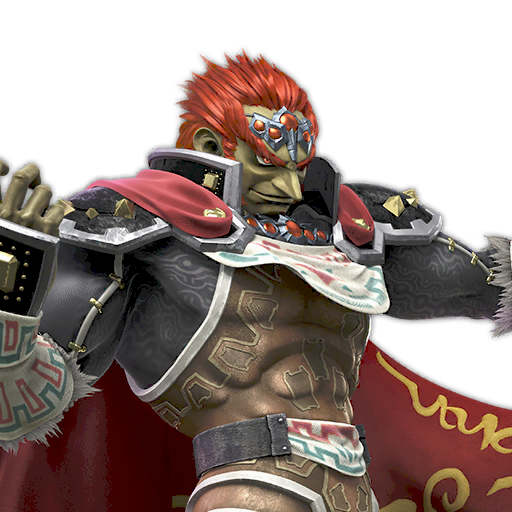
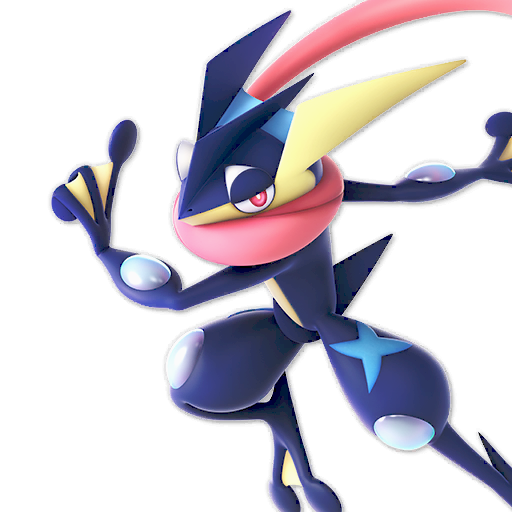

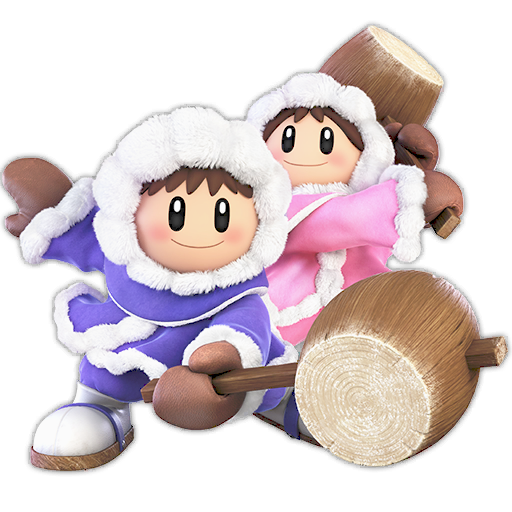
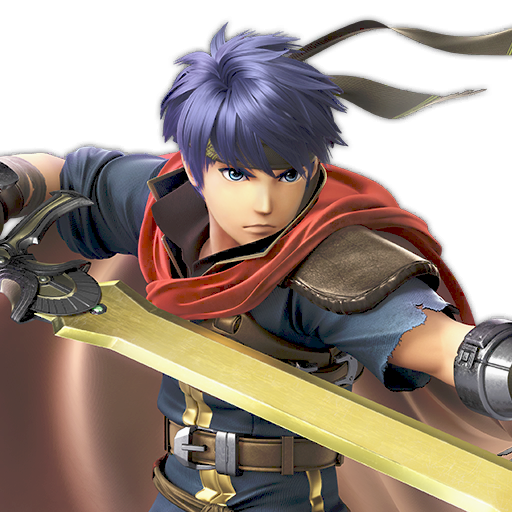
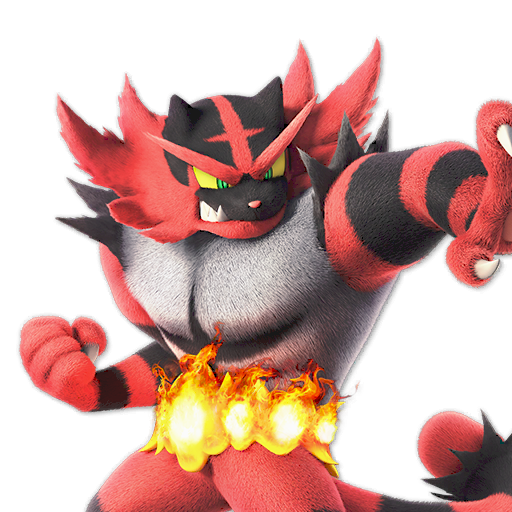
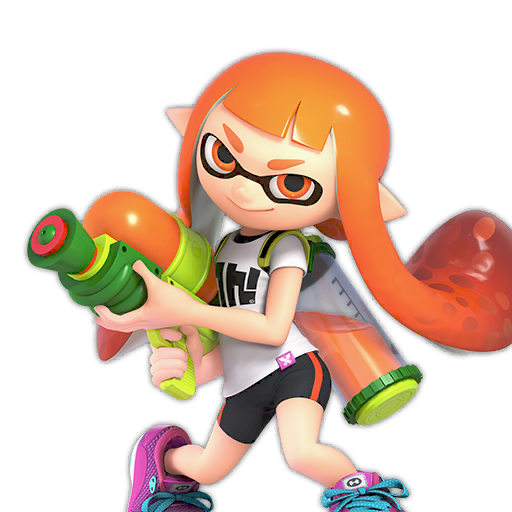
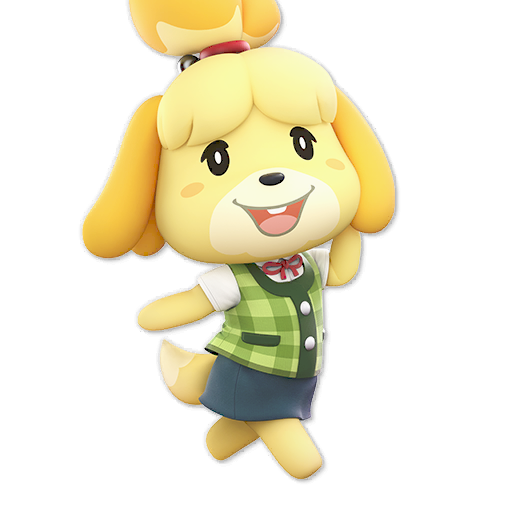
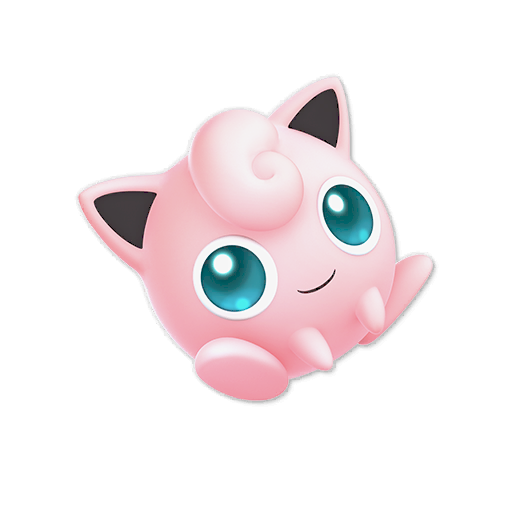

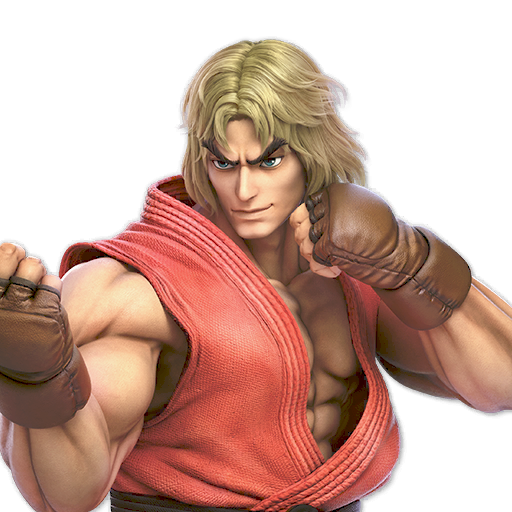
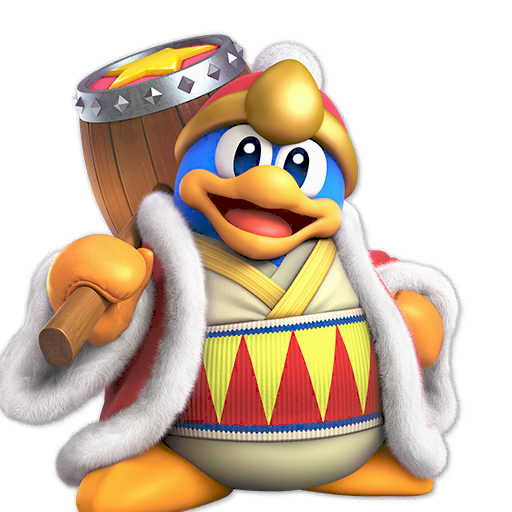
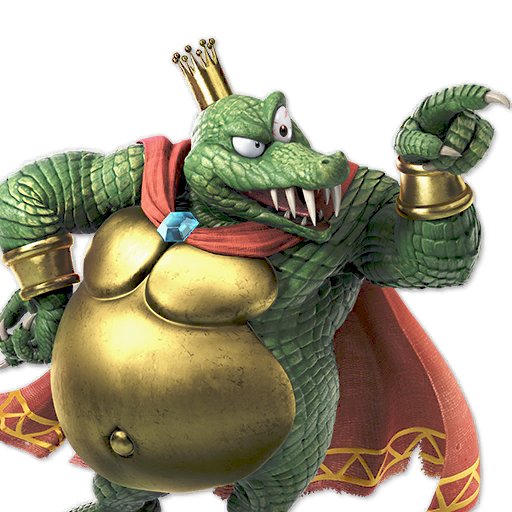
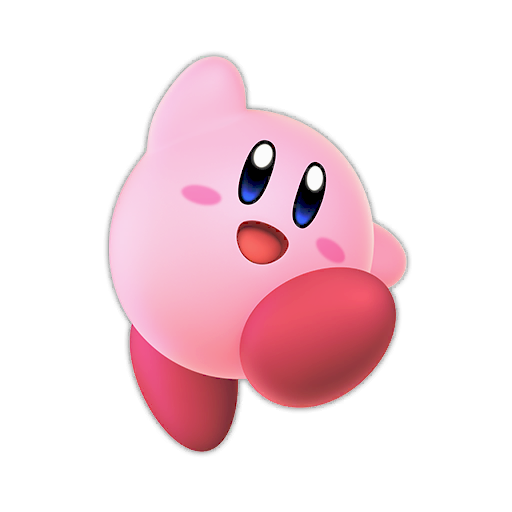
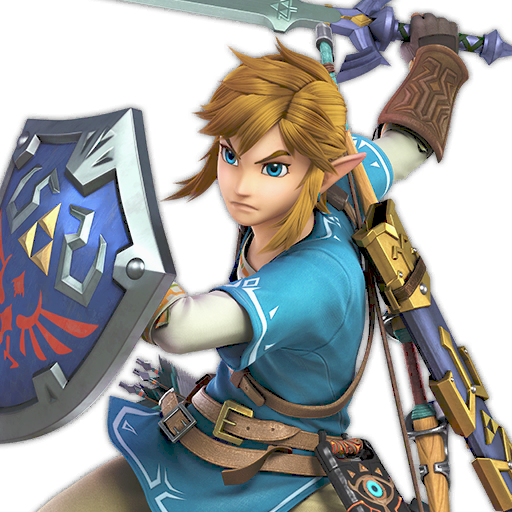
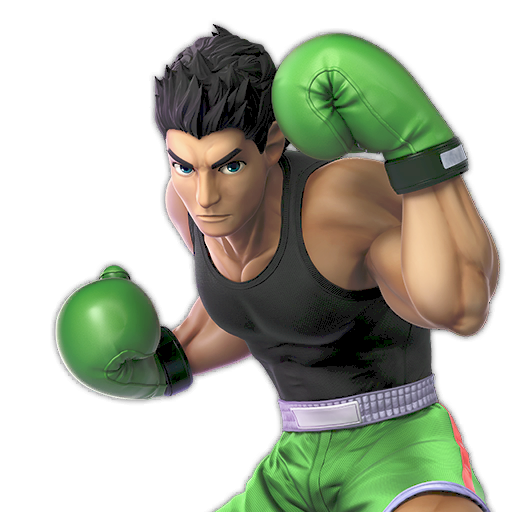
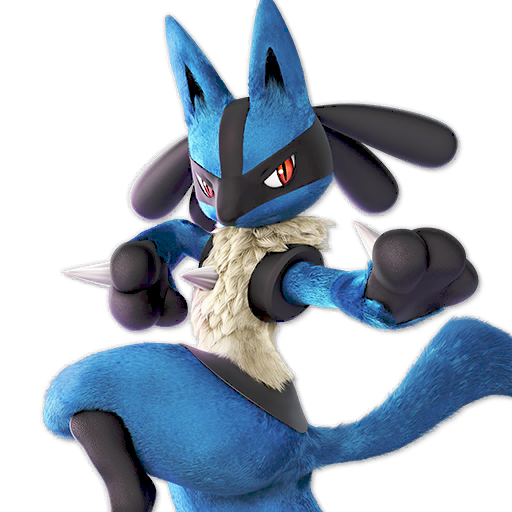

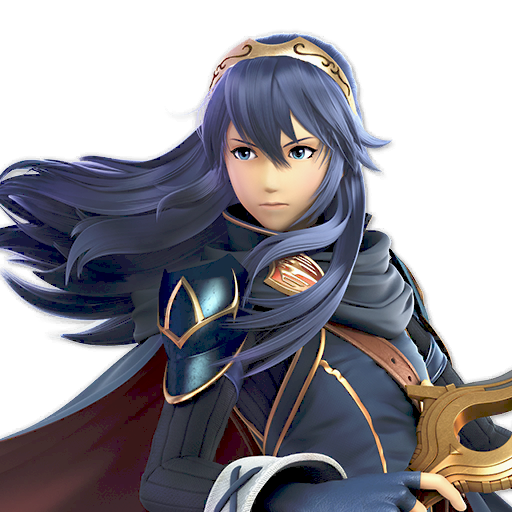
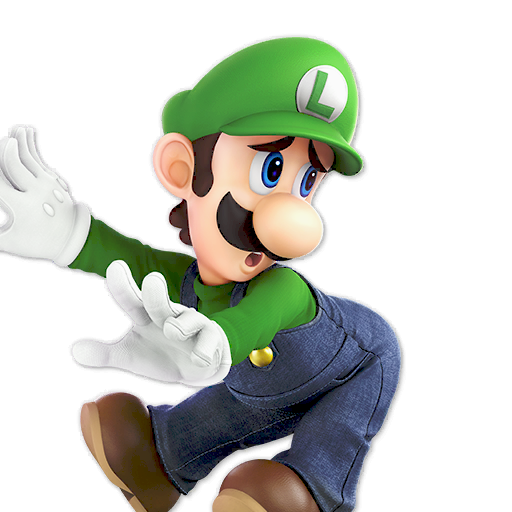
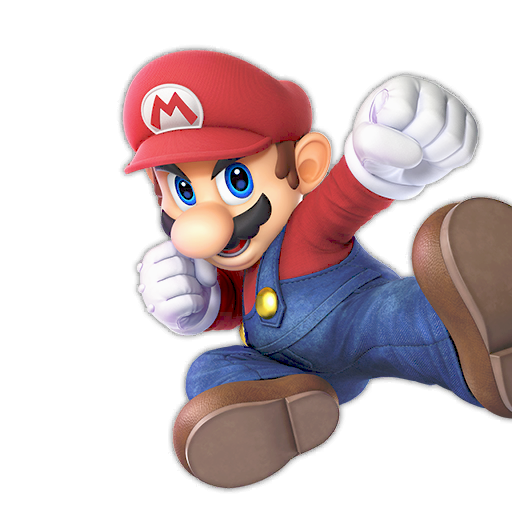
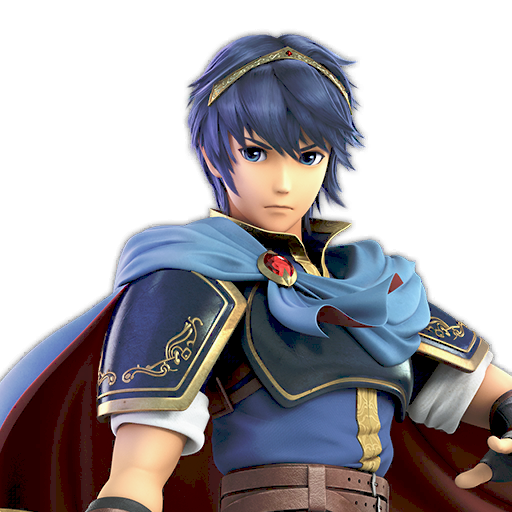
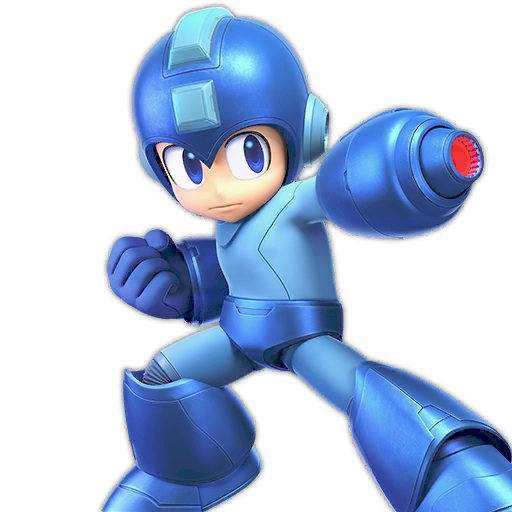
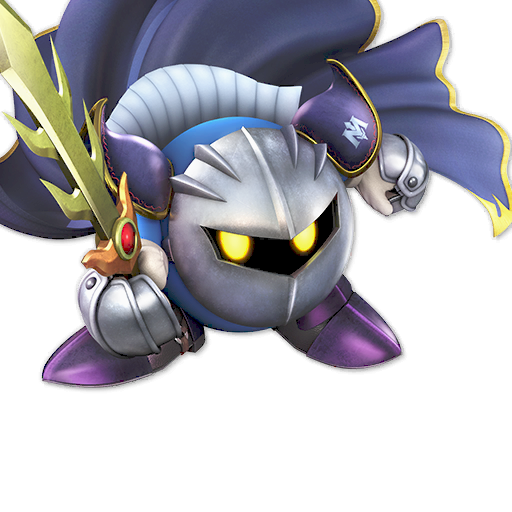
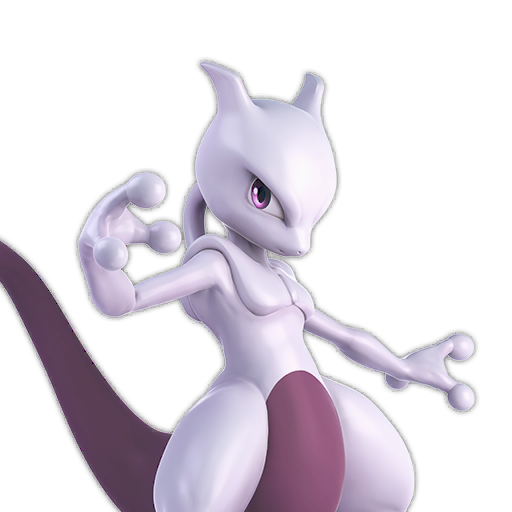
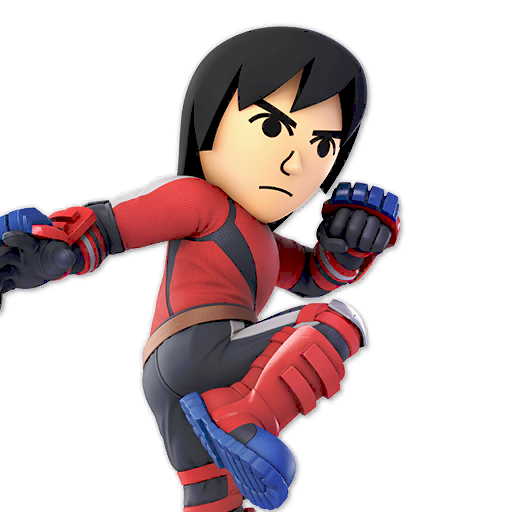
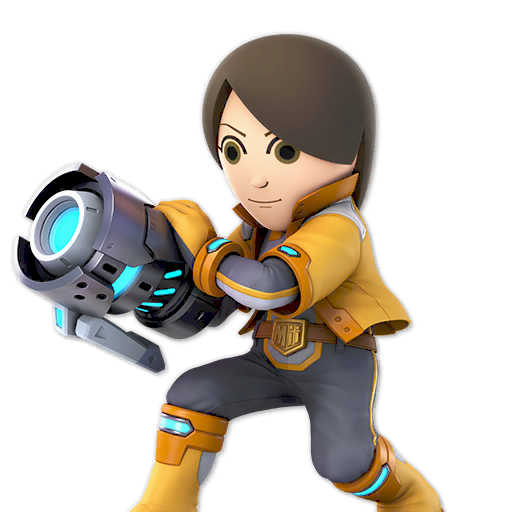
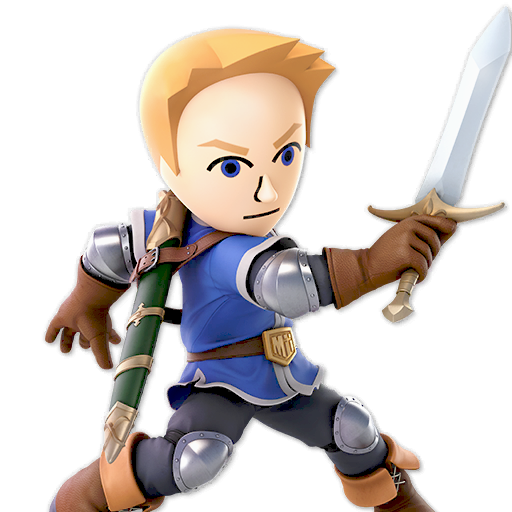
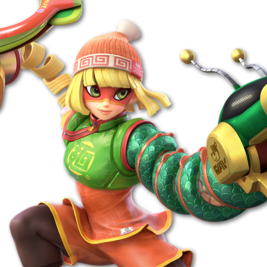
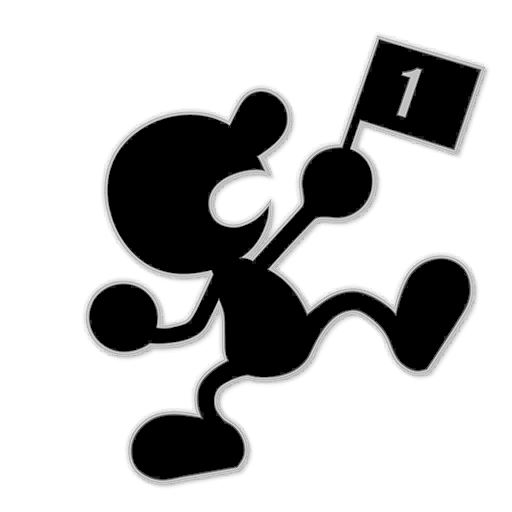
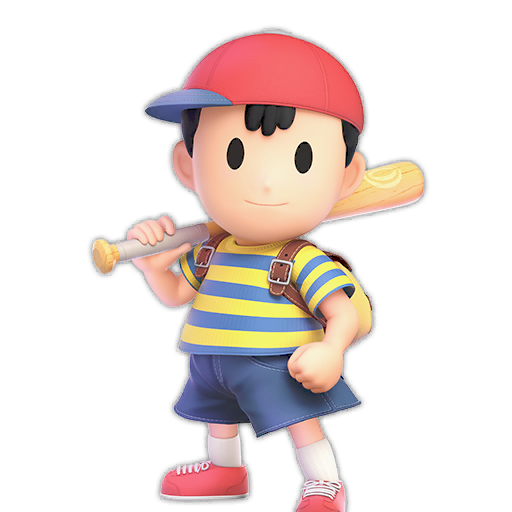
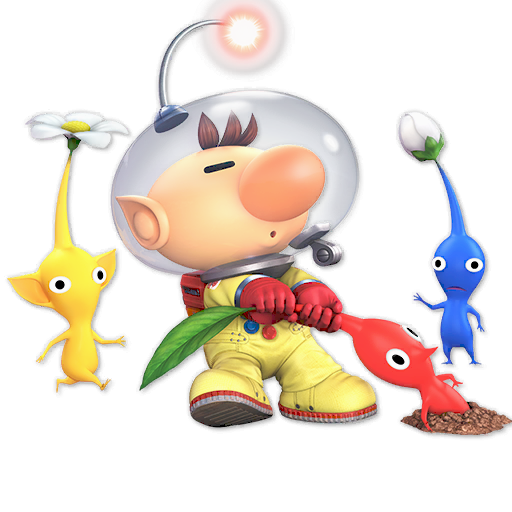
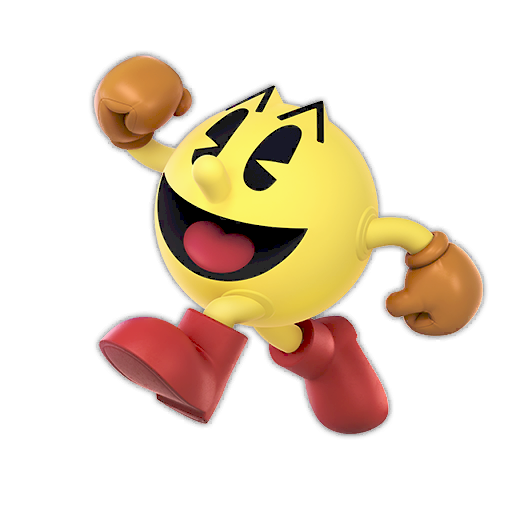
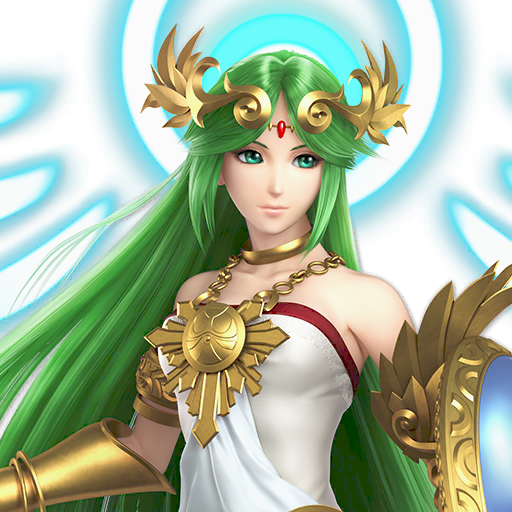
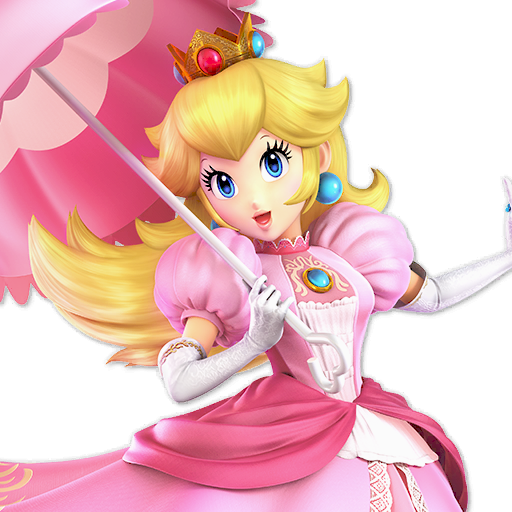
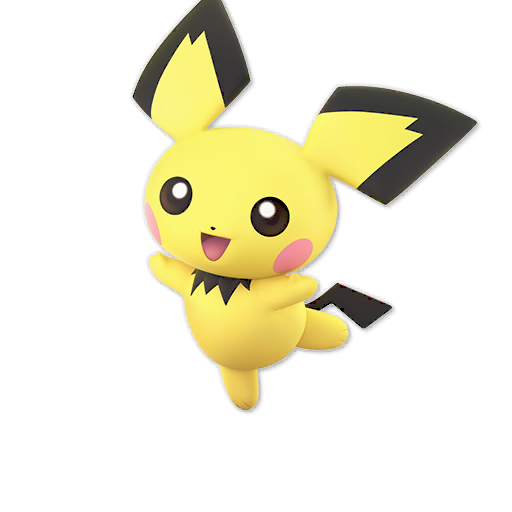
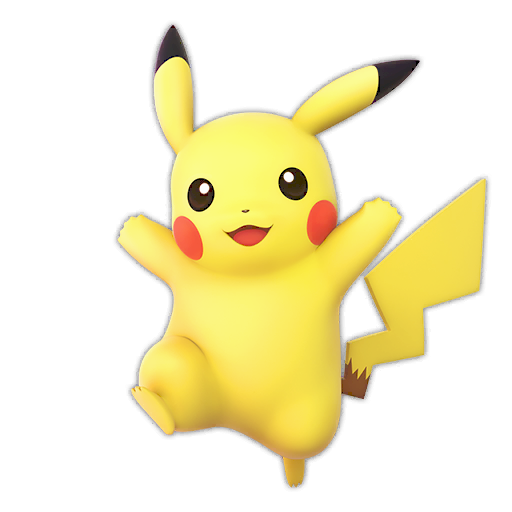
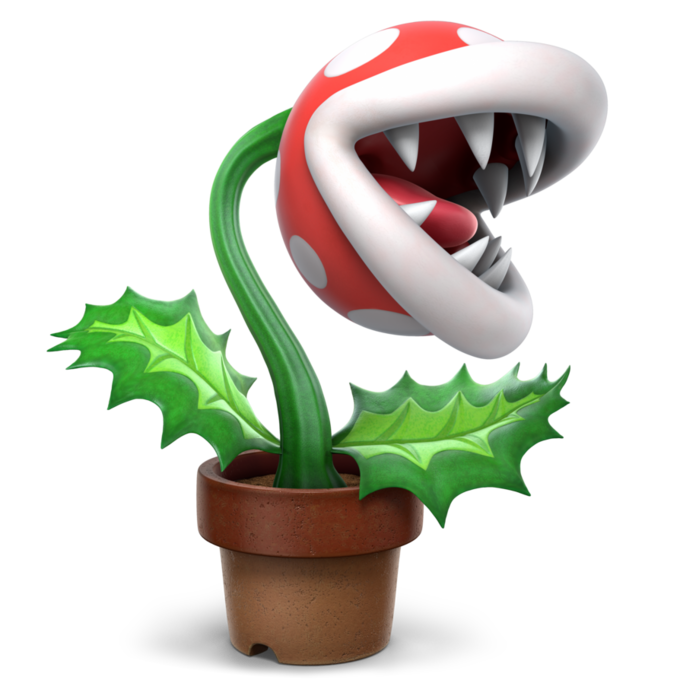
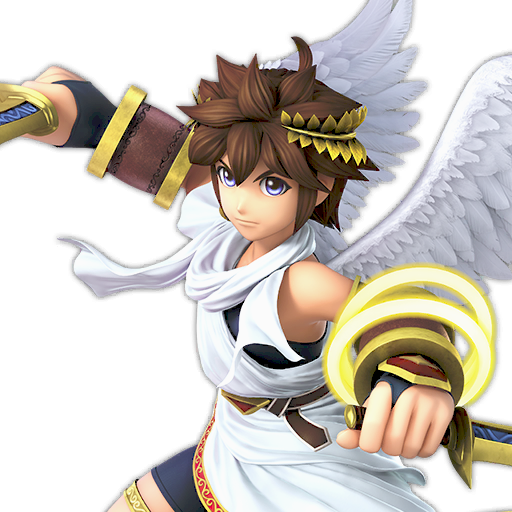
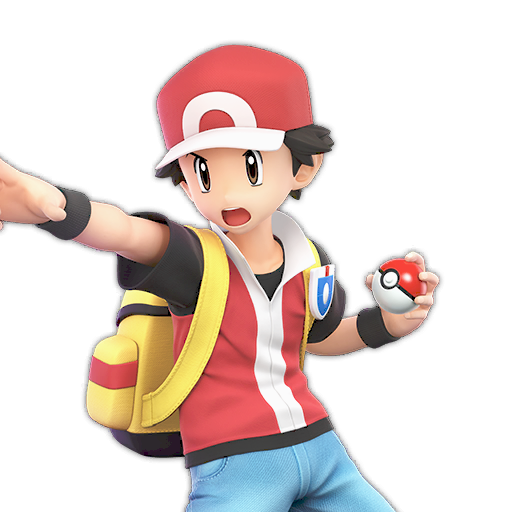
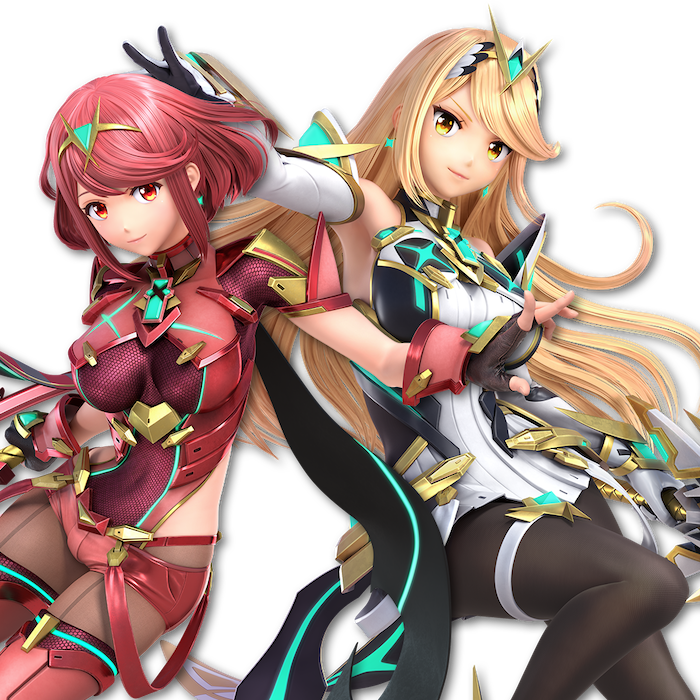
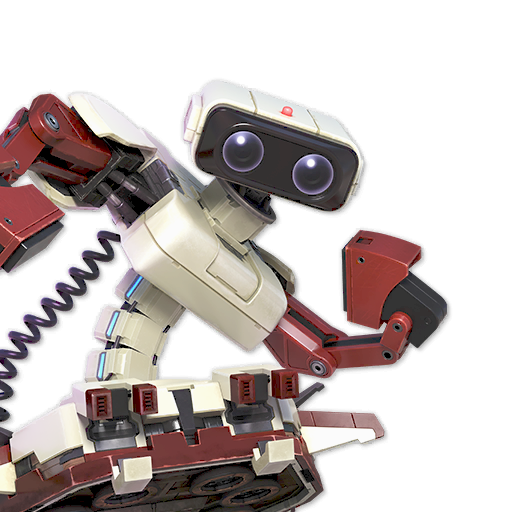
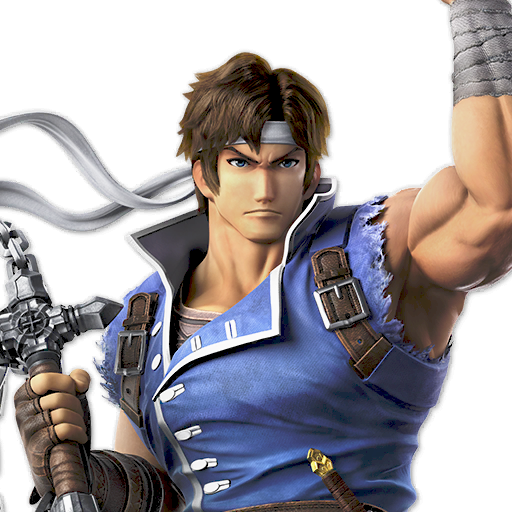
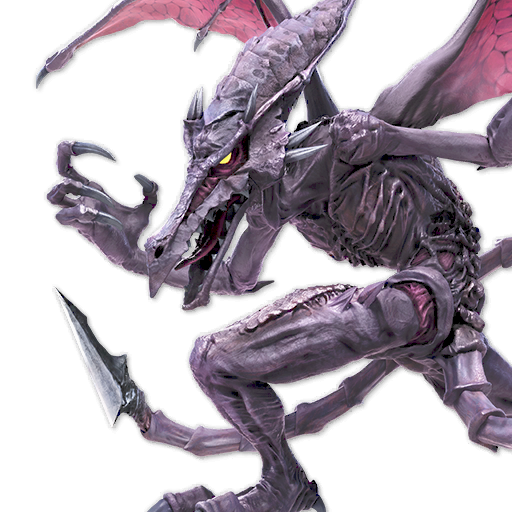
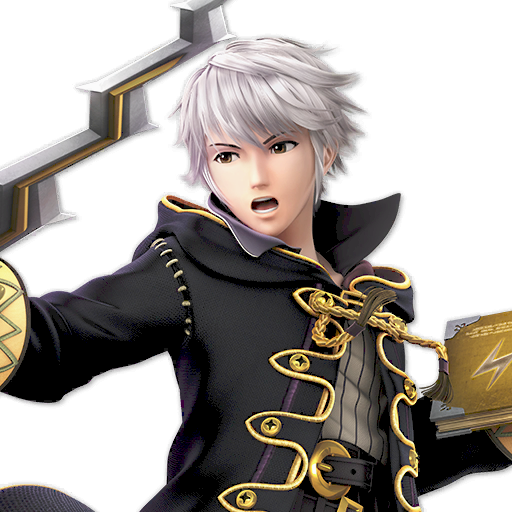
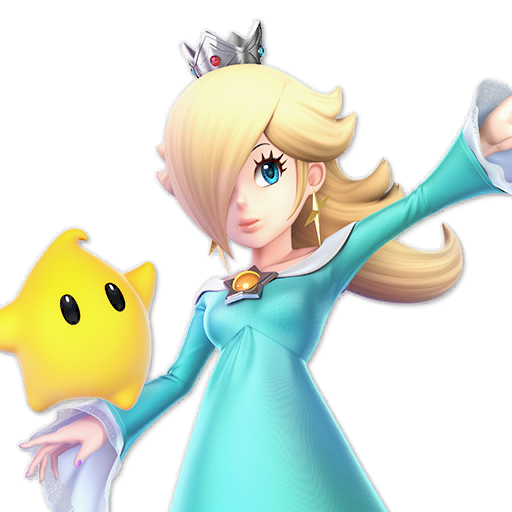
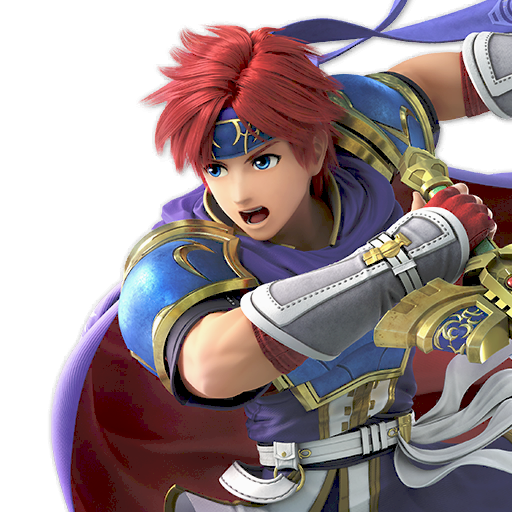
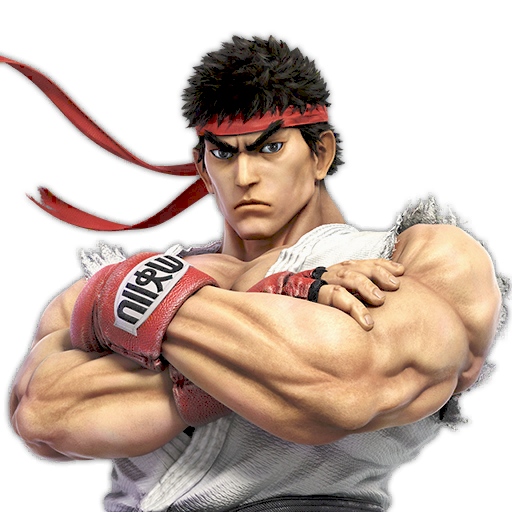
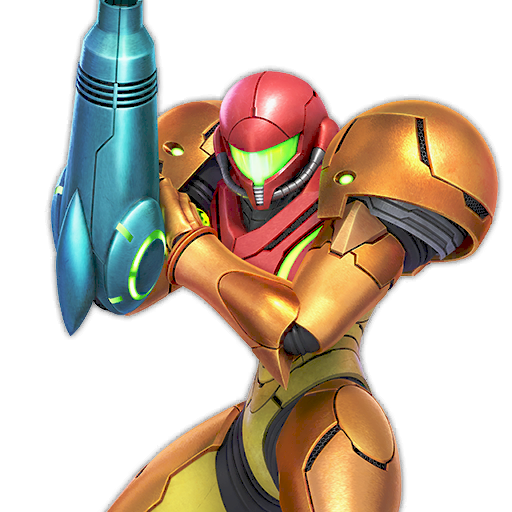
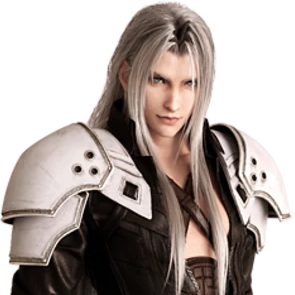
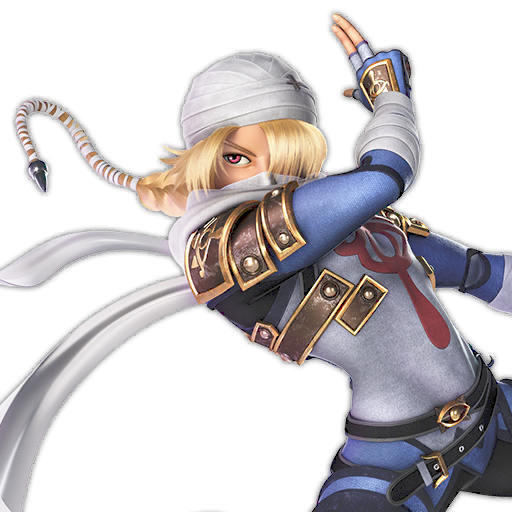
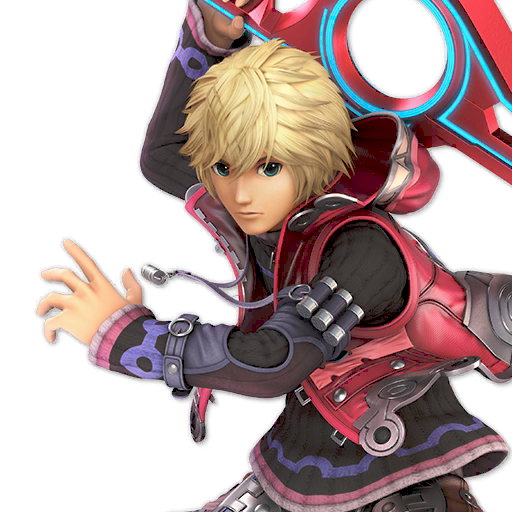
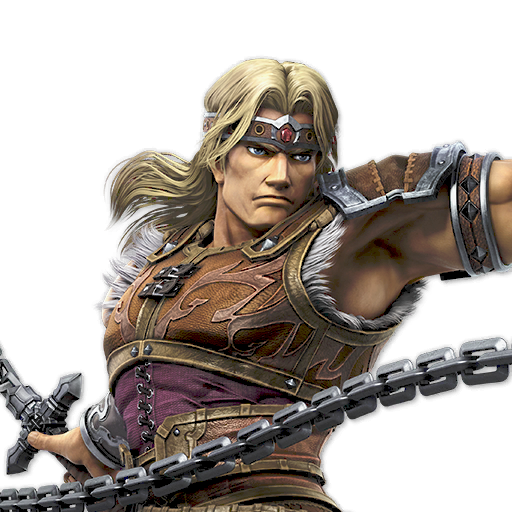
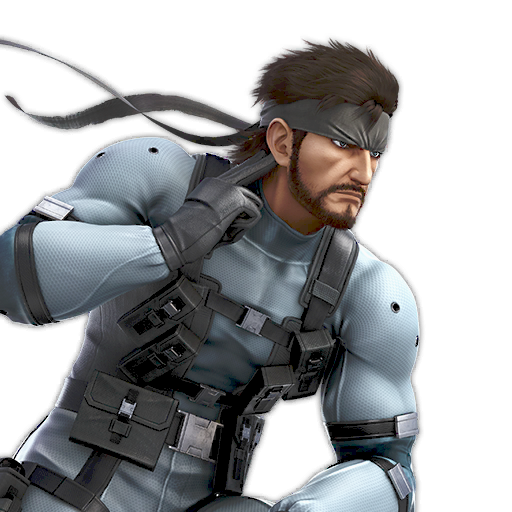
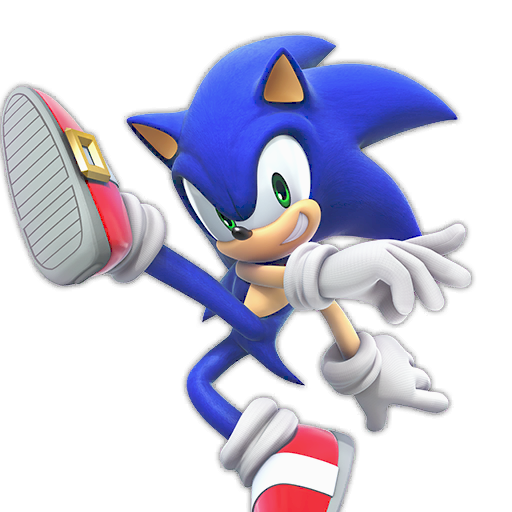
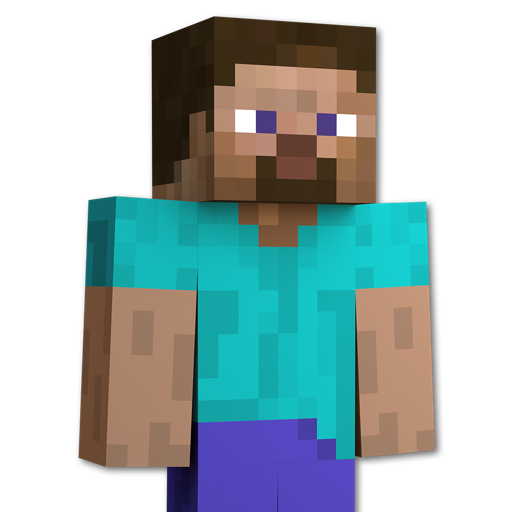
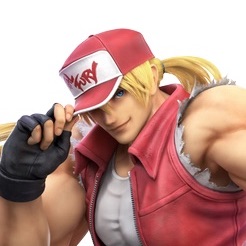
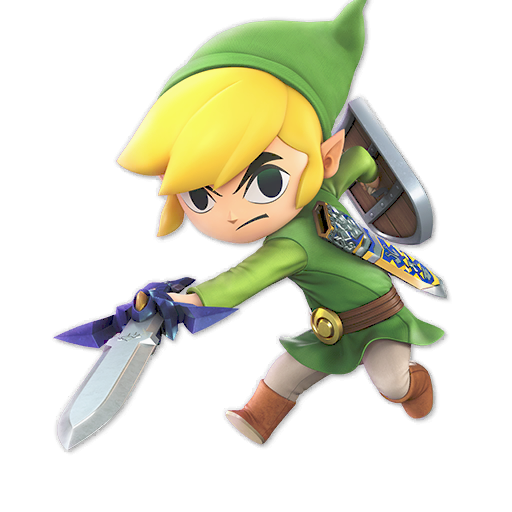
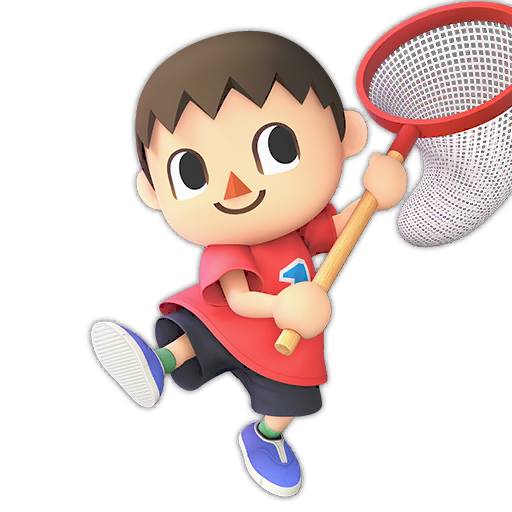
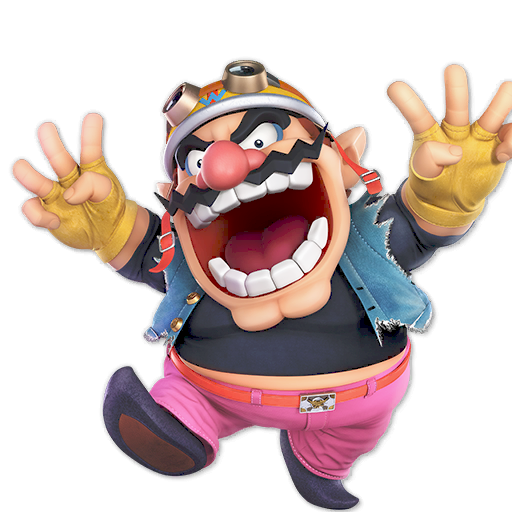
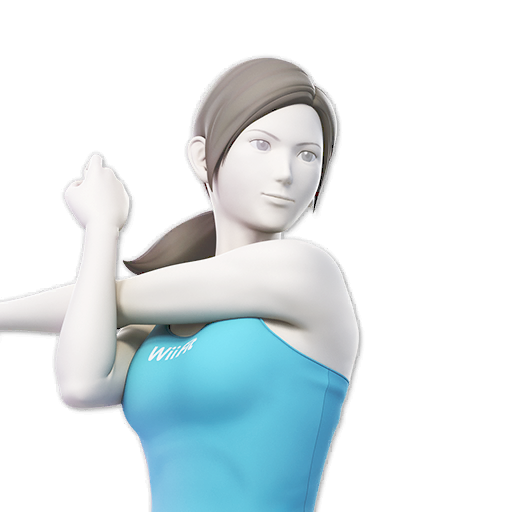
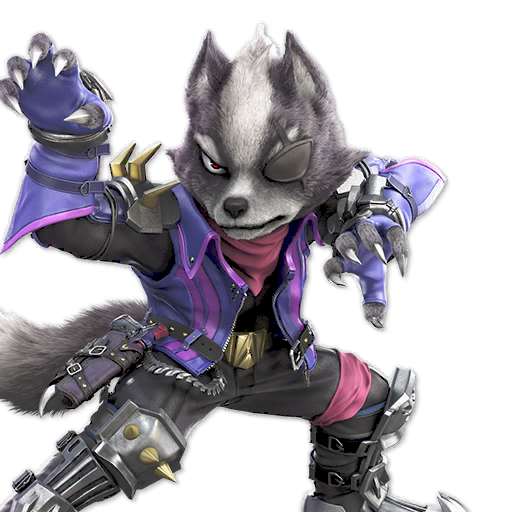
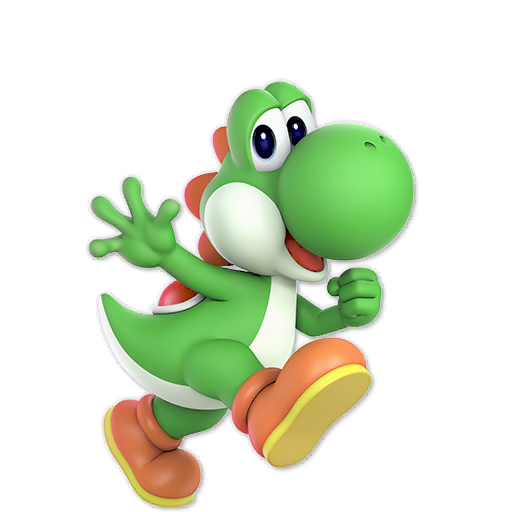
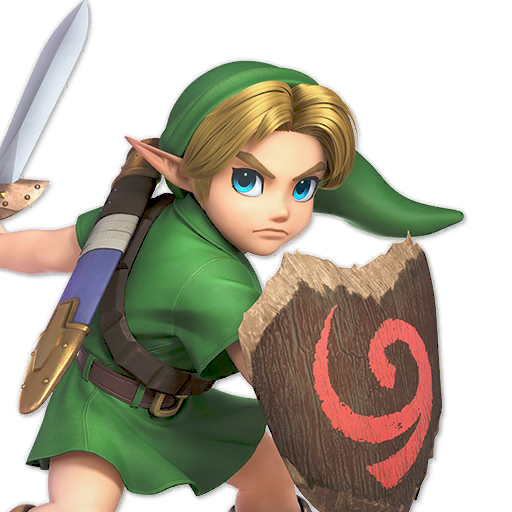
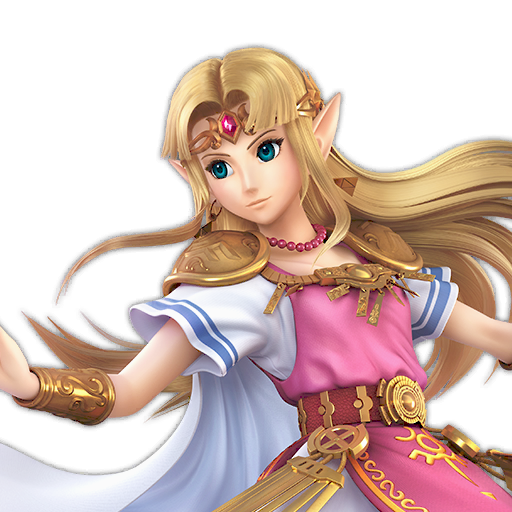
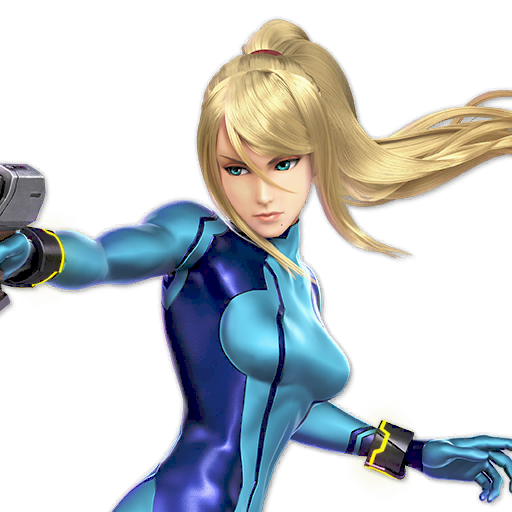
Comments